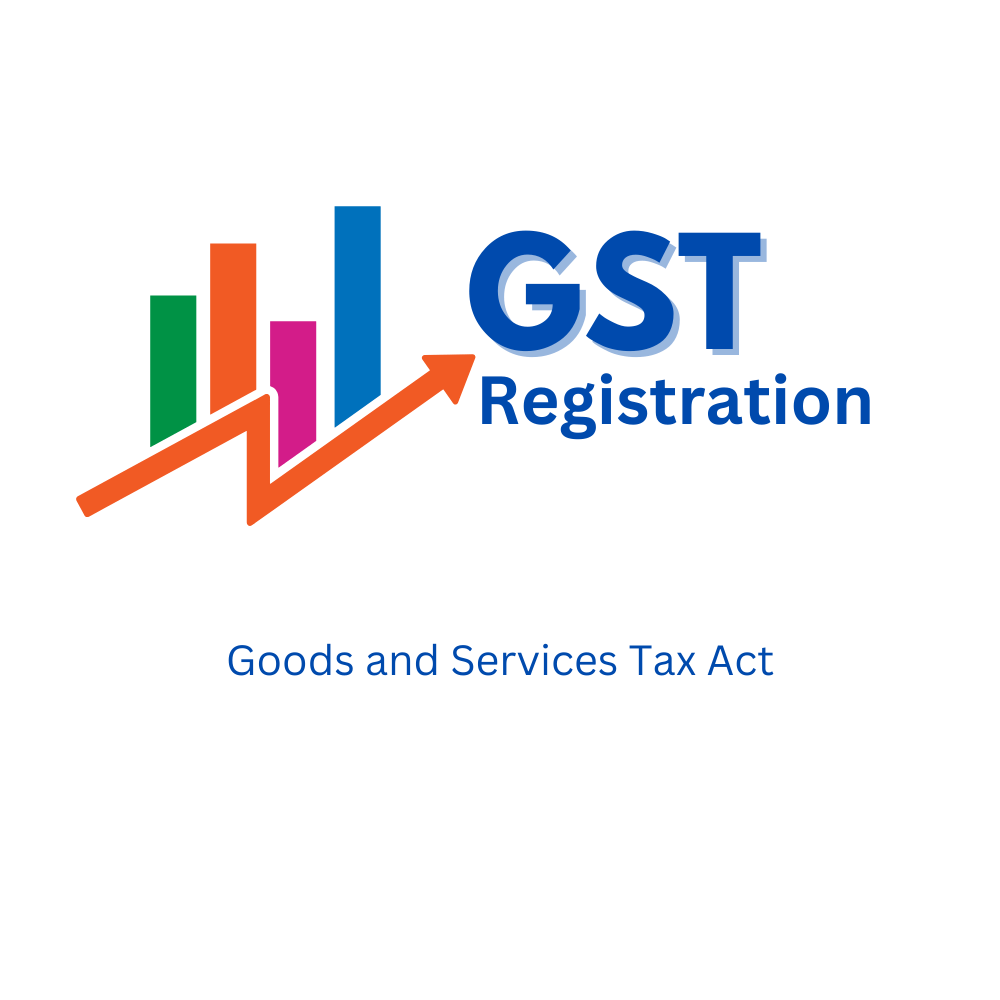Step-by-Step Refine for Singapore GST Registration Explained
Step-by-Step Refine for Singapore GST Registration Explained
Blog Article
The Ultimate Overview to Simplifying the GST Registration Refine and Needs for Small Company Owners

Comprehending GST Essentials
To realize the principles of the Item and Provider Tax Obligation (GST) system, local business owners must first recognize its underlying concepts and effects. GST is a value-added tax obligation imposed on a lot of products and services for residential intake. It intends to improve the tax process by changing numerous indirect tax obligations imposed by the state and central federal governments. Under the GST routine, businesses are required to sign up and accumulate tax in behalf of the federal government, ensuring openness and conformity.
One of the essential principles of GST is input tax obligation credit report, which permits businesses to declare credit score for tax obligations paid on their purchases. Understanding these basic principles is vital for tiny business owners to navigate the complexities of the GST system and guarantee conformity with the regulation.
Qualification Criteria for Registration
Having developed a fundamental understanding of GST concepts, little company owners should now satisfy certain eligibility requirements to wage the registration process. In India, entities participated in the supply of items or solutions with a yearly accumulation turnover going beyond Rs. 40 lakhs (Rs. 10 lakhs for unique classification states) are needed to register for GST. Additionally, certain businesses such as those involved in inter-state supply of goods, casual taxed individuals, and those needed to pay tax under the reverse charge mechanism have to sign up for GST regardless of their turn over. Organizations that were signed up under the previous tax obligation regimen (VAT, service tax, and so on) are likewise mandated to register under GST. Farming companies that just provide generate out of primary manufacturing are exempt from GST registration. It is crucial for business proprietors to very carefully evaluate their qualification based on these standards to make certain compliance with the regulation and prevent any kind of charges for non-compliance.
Files Needed for GST Enrollment

Simplified Enrollment Process Steps
Complying with the collection and confirmation of the requisite records, the registration process for GST can be navigated with a collection of streamlined actions designed to help with effective conformity for small business owners. Upon successful verification, an Application Recommendation Number (ARN) is released, showing the conclusion of the GST registration process. By following these streamlined actions, small company proprietors can effectively sign up for GST and ensure compliance with tax guidelines.
Tips for Ensuring Compliance
To preserve regulative adherence and operational stability, thorough oversight and positive steps are critical in making sure compliance with GST requirements for small company owners. Local business owners have to remain updated with GST regulations, submitting due dates, and any changes in tax obligation rates to avoid fines and keep a great standing with tax authorities. One crucial idea for compliance is to maintain detailed and exact records of all purchases, including receipts, expenditures, and invoices related to GST. Routinely integrating monetary documents with GST returns can assist in recognizing and remedying any type of discrepancies immediately. Additionally, carrying out periodic interior audits or seeking specialist support can make certain that business is complying with all GST rules properly. It is likewise important for small company proprietors to purchase GST-compliant accountancy software that can enhance the tax obligation filing procedure and reduce mistakes. Participating in GST awareness workshops or training programs can improve understanding and compliance with GST regulations, eventually profiting the organization from this source in the long run.
Conclusion
To conclude, small business proprietors have to recognize the fundamentals of GST, satisfy the eligibility criteria, collect needed files, and follow the simplified enrollment procedure steps to ensure conformity. By streamlining the GST registration process and needs, small company owners can stay clear of charges and run their businesses efficiently within the lawful framework - Singapore GST Registration. It is essential for tiny service owners to remain compliant and enlightened with GST policies to maintain an effective service operation
Tiny company owners looking for GST registration must guarantee they collect and submit the necessary papers to complete the enrollment process effectively. The documents needed for GST registration commonly include evidence of company enrollment or consolidation, FRYING PAN (Long-term Account Number) card of the business Our site address, identity and entity evidence of the promoters/partners/directors, photographs, address evidence of the area of company, financial institution account statements or terminated cheques, and authorization types. Attending GST understanding workshops or training programs can boost understanding and compliance with GST laws, ultimately profiting the organization in the long run.
By streamlining the GST enrollment procedure and requirements, little business owners can prevent penalties and operate their services efficiently within the legal structure. It is crucial for small service proprietors to remain informed and certified with GST guidelines to keep a successful organization operation.
Report this page